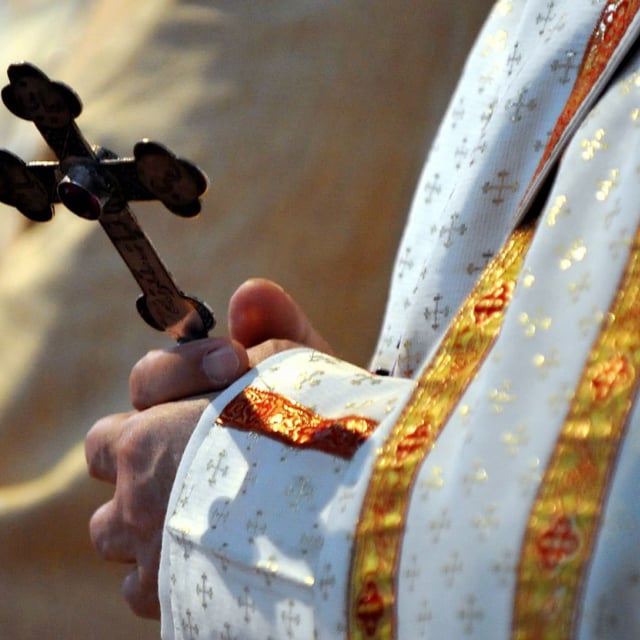Overview
- Pfingsten’s observances on June 8-9 ranged from church services to regional folk customs, underscoring its status as a major Christian festival.
- Pfingstsonntag is legally recognized only in Brandenburg, while Pfingstmontag remains a statutory holiday in all 16 German states.
- Economists at the Institut der deutschen Wirtschaft and the Ifo Institute estimate that scrapping Pfingstmontag could boost annual GDP by around €8.6 billion.
- The German Catholic Bishops’ Conference and the Deutsche Gewerkschaftsbund argue that removing public holidays would damage social cohesion and fail to address underlying productivity issues.
- Political leaders in Berlin and the Länder have shown little appetite for changing holiday laws, leaving any reform of Pfingstmontag unlikely.



